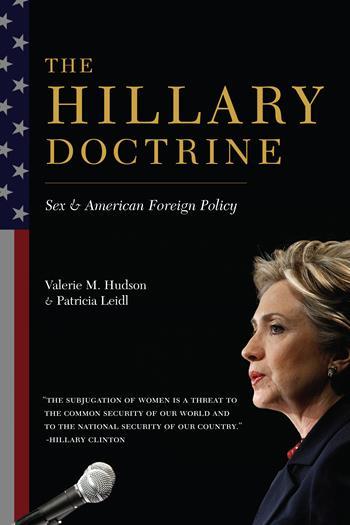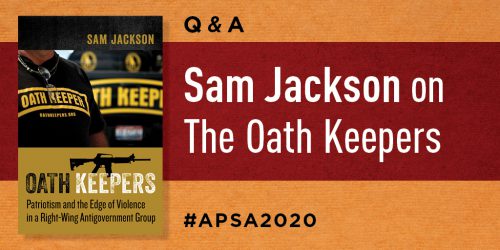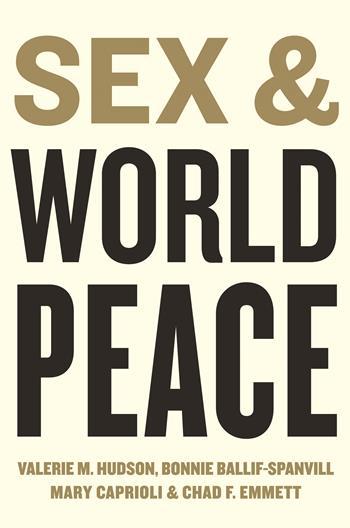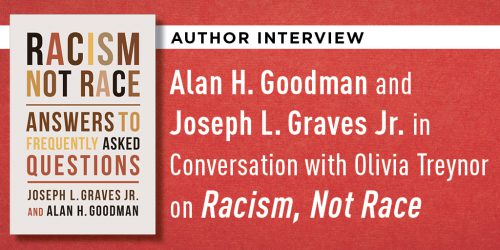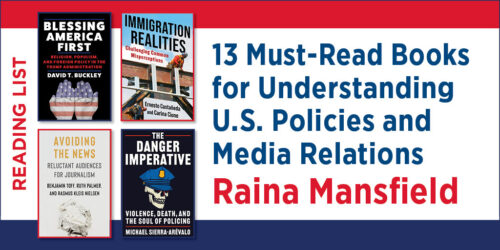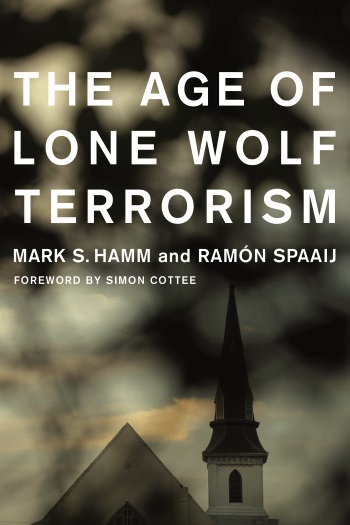Andrew Payne on War on the Ballot
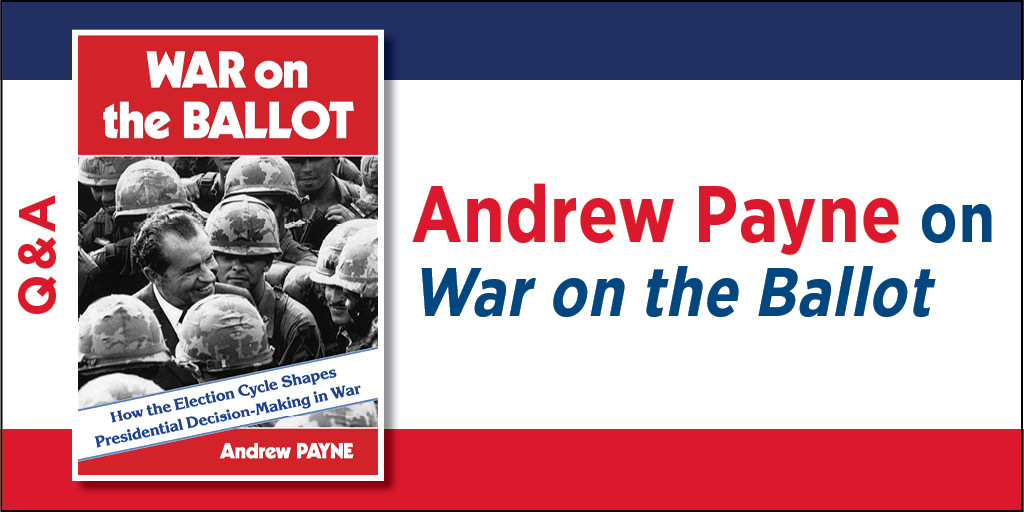
We all have an intuitive sense that electoral pressures shape U.S. foreign policy in some way. But exactly how, when, and why do they do so? In War on the Ballot: How the Election Cycle Shapes Presidential Decision-Making in War, Andrew Payne explores each of these questions, revealing how presidents have adapted military and diplomatic strategies to suit their political needs. In this Q&A, Payne discusses the research process behind the book and explains what he discovered about the politics of foreign policy today.
Q: In War on the Ballot, you draw on the history of over six decades of U.S. involvement in foreign wars. What does this record tell us about the role that elections play in the development of foreign policy?
Andrew Payne: I think the simplest way to think about this is to consider the balancing act that presidents face when making decisions. On one hand, as commander-in-chief, presidents are responsible for pursuing the national interest, so they should select policies they think will carry the maximum strategic benefit. But on the other hand, presidents are elected officeholders, so they need to be careful that any option they choose carries minimal political risk—both to their own political future and to the viability of the policy in question. So when they make decisions about war and peace, presidents are often weighing these competing responsibilities against one another.
Exactly what that means for policy depends on how each individual assesses the strategic and political context. But throughout history we’ve seen how these dynamics have led different presidents to delay, water down, or dial up decisions to escalate (or de-escalate) the level of U.S. commitment to an ongoing war. Taken together, the book shows how the timing and nature of critical decisions can be significantly shaped by the volatile politics of the electoral process.
Q: The book focuses on the wars in Korea, Vietnam, and Iraq. Which of those was the most interesting to research and why?
Payne: That’s a tough one! I’m tempted to say Vietnam. That’s the classic case for any study of the domestic political determinants of U.S. foreign policy. And the sources are so rich. Both Lyndon Johnson and Richard Nixon had secret recording equipment installed in the White House. By listening to those tapes, you get to be a fly on the wall during some of the most consequential moments in U.S. political history. Whether its Lyndon Johnson laying it on thick to keep the support of a powerful congressman, or Richard Nixon lashing out at his critics in a late-night call to Henry Kissinger, you really get a unique perspective on these figures and how their political instincts manifested behind closed doors.
But in truth the most rewarding case to examine was the war in Iraq. Unlike the earlier cases, this is still a pretty recent conflict. The record of decision-making remains fragmentary, and debates about the wisdom of wartime policy are still very much alive. I was fortunate to be able to conduct interviews with dozens of policymakers and senior military officers to enable me to fill some of those gaps. It was fascinating to hear the perspectives of different individuals, from four star generals and veteran diplomats to presidential advisers and confidants. Needless to say, they didn’t all agree, but each had something interesting to say.
Q: Beyond those interviews, the book draws on a wide range of archival materials. Tell us about that process.
Payne: Completing the research for this book involved visits to eight archives across the United States. For someone whose perfect vacation would include a visit to a presidential library, this was a real treat.
But doing archival research can also be a pretty daunting experience, and especially so when the evidence you’re looking for is unlikely to appear in obvious places. Admitting that you’re making decisions about foreign policy with your own political interests in mind isn’t a good look for a politician, so this really is a case of looking for a needle in a haystack, examining what’s said and what’s left unsaid in meetings and piecing together information from a wide variety of sources.
In fact, I vividly recall my first archival trip to the Lyndon Johnson Presidential Library in Austin, Texas. Filled with hope about all the smoking gun evidence I was about to uncover, I remember turning and walking up the stairs towards the reading room, only to be confronted by an enormous glass wall showcasing what turned out to be just a fraction of the 40,000 red boxes stored in the archive, each of which containing hundreds of pages of documents. I immediately realized I was going to need to book a later flight home!
Q: In each of the chapters, you identify a series of opportunities to gain advantage on the battlefield or limit bloodshed that were missed thanks to the attention being paid to political pressures at home. Is the lesson here that foreign policy should be insulated from the wishes of ordinary voters?
Payne: Not necessarily. It’s true that the book uncovers plenty of evidence of the negative strategic effects caused by presidents taking these considerations into account. The idea that leaders knowingly select policies that deviate from the national interest to satisfy their own political interests will strike many observers as morally abhorrent. But responsiveness to the concerns of voters is also a core principle of democracy, and ignoring the preferences of the electorate could create incentives for leaders to pursue strategies that are unsustainable in the long term. Ultimately, the book demonstrates that elections matter, and gives us a clearer understanding of how, when, and why they do so. But I would encourage readers to decide for themselves whether or not elections should matter.
Q: In the 2024 presidential election, the war in Ukraine and the expanding conflict in the Middle East loom large as campaign issues. Are there any parallels between the cases examined in your book and what we’ve seen recently?
Payne: Of course, the U.S. has not deployed troops in a large-scale combat role in either of these theatres. The absence of mass U.S. casualties returning from overseas does mean the salience of these wars is lower than those in the cases covered in the book. That means the intensity of electoral constraints is plausibly reduced, too. If voters care less about an issue, presidents won’t need to worry so much about the political risks of how they handle it.
But we also know that presidents are intolerant of political risk in an election year. As Harry Truman, Lyndon Johnson, and even Jimmy Carter discovered, the lingering presence of unresolved conflicts and crises can do untold harm to a candidate’s hopes of re-election. This means that, even if relatively few voters enter polling booths and cast their ballots with foreign policy issues front of mind, it’s a pretty safe bet that the White House has still worried about the politics of these wars. In the years to come, I expect the documentary record will offer evidence of similar decision-making patterns to those observed in War on the Ballot on the question of the military assistance provided by the United States during these conflicts.
Perhaps the most interesting parallel relates to Joe Biden’s withdrawal from the race, which echoes similar decisions made by Harry Truman in 1952 and Lyndon Johnson in 1968. In all three cases, the “lame duck” status of the president appears to have undermined each administration’s efforts to negotiate an end to a foreign war. Whether it was Dwight Eisenhower’s promise to “go to Korea,” Richard Nixon’s secret plan for winning the war in Vietnam, or Donald Trump’s promise to let Israel “finish the job” in Gaza, the positions of other candidates can fatally undermine diplomatic efforts by the sitting president, even when their name is not on the ballot.


